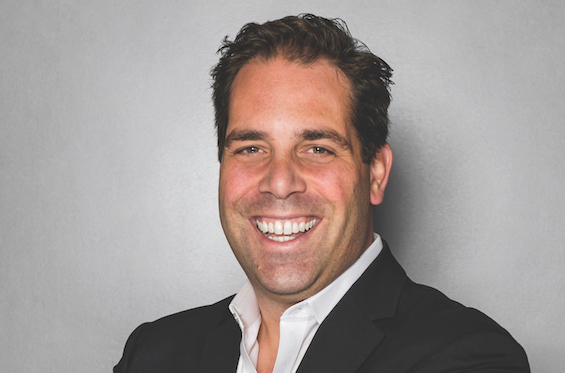In the dumpster fire otherwise known as 2020, while many hotel owners are nervously eyeing the exits, Highgate has been out shopping. The real estate investment and hotel management company kicked off the year by picking up Heavlin Management Co., which managed 11 hotels in Arizona and Alaska.
Then it struck one of the year’s biggest deals, a US$2.8 billion agreement for 197 select-service hotels (22,676 keys) from Colony Capital. Two weeks later, New York City-based Highgate announced that it had assumed management of Trust Hospitality’s assets, some 22 hotels and resorts open or in the pipeline in the U.S., Caribbean and Latin America.
The Colony acquisition, a rare big transaction amid troubling times, has caused the loudest buzz. “This is a statement-making deal,” says Gilda Perez-Alvarado, JLL’s CEO. It signals a commitment to the sector, she adds, “but also further positions Highgate as a major hospitality investor, above and beyond their hotel management focus.” She notes, “It sets a precedent for what is to come in full force over the coming months.”

Before these deals, Highgate was the largest hotel owner and operator in New York City. The Colony purchase will more than double the number of hotels it owns or operates, to 357 from 160, and position it among the largest hotel owners in the U.S. More deals are likely, especially given the number of owners looking for a lifeline or escape route.
No one-size-fits-all
Given the current environment, Highgate is eyeing mergers and acquisitions from a variety of angles. “Our roots are as an entrepreneurial organization,” says Highgate principal Zach Berger, and many of the candidates for acquisition share a similar mindset. A one-size-fits-all strategy doesn’t cut it. Rather, he says, “When we approach an M&A opportunity we tend to focus on the incumbent principals’ objectives and vision for the future. Our objective is to continue to celebrate all the resources and capabilities that these potential partners bring to the table, think through how Highgate can contribute and add value to their platform and have one plus one equal three.”
A prime example of that is the Trust deal, which widens Highgate’s footprint in the Caribbean and Latin America. As CEO of Trust, Richard Millard was drawn to Highgate’s entrepreneurial spirit, culture and scale. That scale will help streamline the organizational chart and provide more purchasing muscle.
“Hotels need to figure out how to run with less money for the time being, and often that means scale. I also think purchasing power will be huge moving forward,” he says.

Highgate principal Rich Russo thinks the 22 properties have significant upside potential to benefit from Highgate’s operational efficiencies, revenue management and sales expertise.
Millard, in turn, will beef up Highgate’s development and owner relations in key U.S. markets, the Caribbean and Latin America. “We couldn’t be more excited to be working with Richard and Michael Register (Trust’s development head) to help us grow out our platform,” Russo says.
Integration processes
Partnerships aren’t the only goal, as the Colony deal shows. Integrating these hotels into the Highgate system will take some time, but “we feel good about the positioning of the assets and are excited to work with brands, lenders, associates and many other important stakeholders across these portfolios,” Berger says.
Highgate’s experience managing full-service hotels in urban markets has created some bench strength that could benefit any potential repositioning of the Colony properties, Russo observes. “In addition to being a global organization, we have organized our business to be able to manage and/or own any type of hotel, ranging from select service 2- and 3-star hotels to high-touch 5-star destination hotels and resorts, both branded and independent.”
For example, the company’s F&B team created a destination rooftop bar at an AC Hotel in San Juan, Puerto Rico, a project that could provide a model for differentiating some of its newly acquired select service assets.
Debt is another consideration. Analysts have suggested that the Colony properties — which Highgate essentially picked up for the value of the hotels’ US$2.7 billion debt — have a healthy outlook if and when travel volume bounces back, and restructuring would make sense. Berger says it’s too soon to discuss.
Russo says an organization like Highgate has an edge in a turbulent environment. With no formal mandate or bureaucratic process, “We pride ourselves on being a highly flexible, nimble organization that can continually adapt and move to where we see opportunities and grow our platform in a very deliberate manner so that the various components all enhance the entire organization,” he says.
The outlook for more deals is good, Berger says. “It goes without saying that there’s a lot of distress out there. A lot of folks are actively thinking through how to recapitalize their assets to reflect the new reality.” He adds that Highgate will continue to consider any possible moves with a collaborative, not predatory, mindset. “We’ve been around for 30 years, we’re in this for the long haul, and folks tend to work with us for years,” Berger says.
